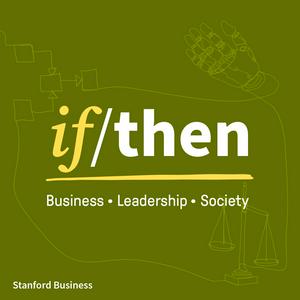AI has the potential to reshape medicine. But translating its promise into solutions for providers and patients is a high-stakes challenge.“There’s a lot more problems than solutions available,” says Mohsen Bayati, the Carl and Marilynn Thoma Professor of Operations, Information & Technology at Stanford Graduate School of Business. “So it’s ripe for innovation.”From trust and privacy to hallucination and data quality, the complications are significant. Bayati says that safely and effectively integrating AI into an enormous industry that treats people in their most vulnerable moments requires safety guardrails, human oversight, and maybe even a leap of faith. “[We] need to have patience with the benefits of these systems,” he says.Are you ready to interact with artificial intelligence at the doctor’s office? Sound off at
[email protected] episode was recorded on March 4, 2025.Related Content:Mohsen Bayati faculty profileA Peek Inside Doctors’ Notes Reveals Symptoms of BurnoutMany Health Care Workers Are Emotionally Exhausted, and Technology May Be to BlameWhy Hospitals Underreport the Number of Patients They InfectIf/Then is a podcast from Stanford Graduate School of Business that examines research findings that can help us navigate the complex issues we face in business, leadership, and society. Each episode features an interview with a Stanford GSB faculty member.See Privacy Policy at https://art19.com/privacy and California Privacy Notice at https://art19.com/privacy#do-not-sell-my-info.


